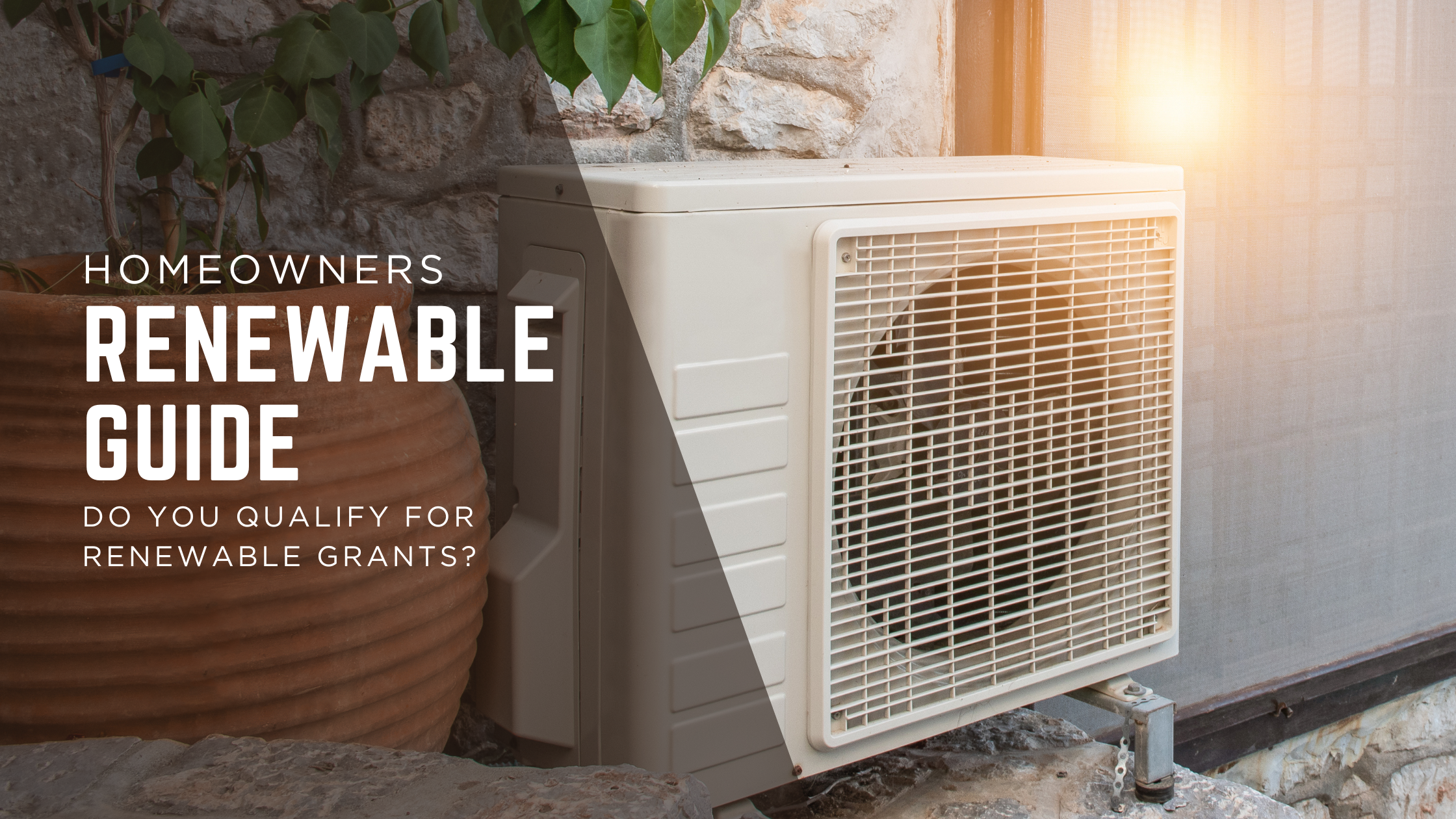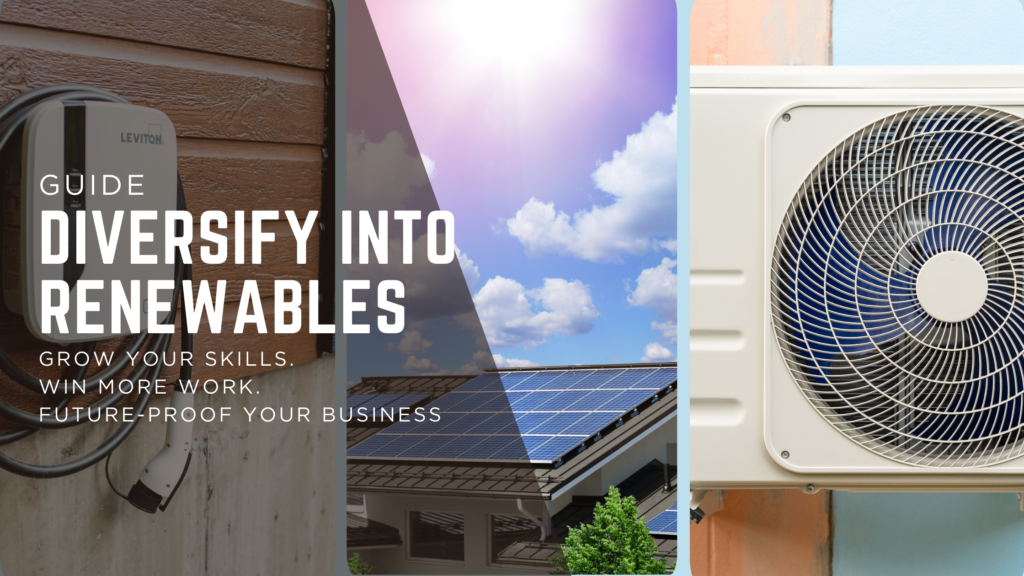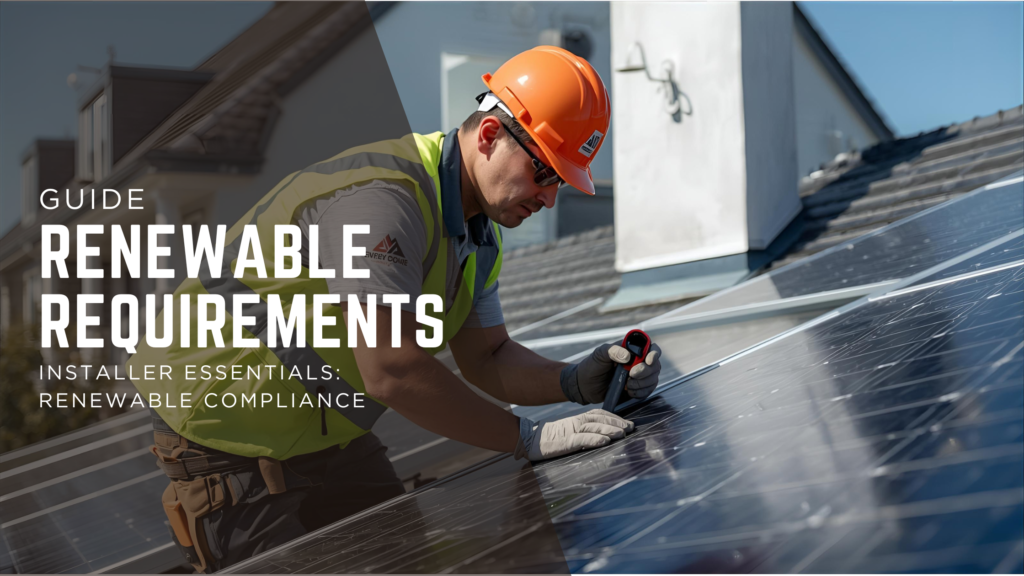Wouldn’t it be nice if someone else helped pay for your renewable upgrades?
That’s exactly what government-backed grants are designed to do. The catch? Not everyone qualifies. Each scheme has its own rules — some generous, others stricter.
This guide gives you the main schemes available in 2025, what they cover, who qualifies, and how to apply.
Why Grants Matter
Renewables are a big investment. A heat pump, solar system, or insulation upgrade can cost thousands. Grants can take a big bite out of that cost — sometimes removing it altogether.
The Main Schemes in 2025
1. Boiler Upgrade Scheme (BUS)
What it pays for: Up to £7,500 towards installing an air source or ground source heat pump (biomass boilers in some cases).
Who it’s for:
Homeowners and landlords.
Replacing fossil fuel systems (gas, oil, direct electric).
Must have a valid EPC without loft or cavity wall insulation recommendations.
How to apply: Through an MCS-certified installer who applies on your behalf.
👉 Learn more on GOV.UK.
2. Great British Insulation Scheme (GBIS)
What it pays for: Loft, cavity wall, and solid wall insulation.
Who it’s for:
Homes in council tax bands A–D in England (A–E in Scotland/Wales).
Extra support may be available for low-income households.
How to apply: Via your energy supplier or approved installer.
👉 Check eligibility and apply on GOV.UK.
3. ECO4 (Energy Company Obligation)
What it pays for: A range of upgrades including insulation, new heating systems, and some renewable tech.
Who it’s for:
Households on low incomes or receiving certain benefits.
Properties with lower EPC ratings.
How to apply: Funded through energy suppliers, who appoint approved contractors.
👉 Find out more via Ofgem.
4. Home Upgrade Grant (HUG2)
What it pays for: Energy efficiency and renewable improvements for homes not connected to the gas grid.
Who it’s for:
Low-income households.
Properties with EPC ratings of D–G.
Off-gas homes only.
How to apply: Delivered through local councils and regional authorities.
👉 See an example application page from Buckinghamshire Council.
5. Local Authority & Regional Schemes
Scotland – Warmer Homes Scotland: mygov.scot
Wales – Nest scheme: gov.wales
Northern Ireland – Affordable Warmth Scheme: nihe.gov.uk
Check your local council too — many run top-up or area-specific grants.
Who Qualifies?
Each grant scheme has its own eligibility rules. But there are a few common factors that come up again and again. The more of these that apply to you, the better your chances of qualifying for at least one scheme.
- I own the home (or am a private landlord).
- I’m replacing a gas, oil, or electric boiler.
- My EPC rating is D, E, F, or G.
- Our household is low income or receiving certain benefits.
- My home isn’t connected to the gas grid.
👉 Important: Meeting one or more of these doesn’t guarantee eligibility — each scheme has its own specific criteria. Always check the official scheme page for exact requirements.
FAQs on Renewable Grants
Can renters apply for renewable grants?
Most schemes are for homeowners and landlords, not tenants. But if you rent, you can encourage your landlord to apply on your behalf.
Do I need a certain EPC rating to qualify?
Yes, many schemes target properties with lower EPC ratings (D–G). Some also require that basic insulation (loft or cavity wall) is already in place before they’ll fund bigger upgrades.
What if I’ve recently upgraded my heating system?
If you’ve already replaced your boiler with a new gas or oil model, you may not qualify for heat pump grants under the Boiler Upgrade Scheme. But you might still be eligible for insulation or other efficiency support.
Can I use more than one grant?
It depends. Some households may benefit from multiple schemes (for example, insulation under GBIS and a heat pump under BUS), but each has its own rules and funding caps.
Are grants only for people on benefits or low incomes?
Not always. Some schemes, like GBIS, are based on council tax bands, while BUS is open to any homeowner replacing a fossil fuel boiler.
Do grants cover solar panels?
Not directly under BUS, GBIS, or ECO4, but some local authority schemes and devolved nation programmes (e.g. Scotland’s Warmer Homes) can cover solar. Always check regionally.
How long do these grants last?
Schemes have set end dates (for example, BUS currently runs until 2028), but budgets can change. It’s best to apply sooner rather than later.
Who applies — me or the installer?
For most schemes, especially BUS, your installer applies on your behalf. For others, you may apply through your council or energy supplier.
Important to Know
Government-backed schemes change frequently. Eligibility depends on individual circumstances and the official criteria of each scheme. The information in this guide is for general guidance only — always check the relevant schemes before applying.


